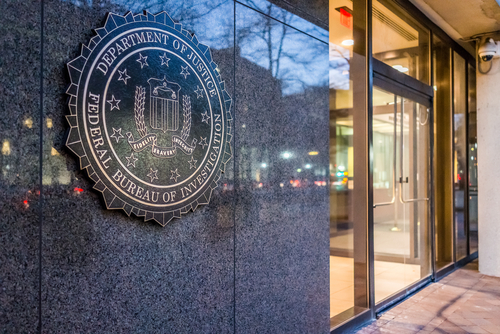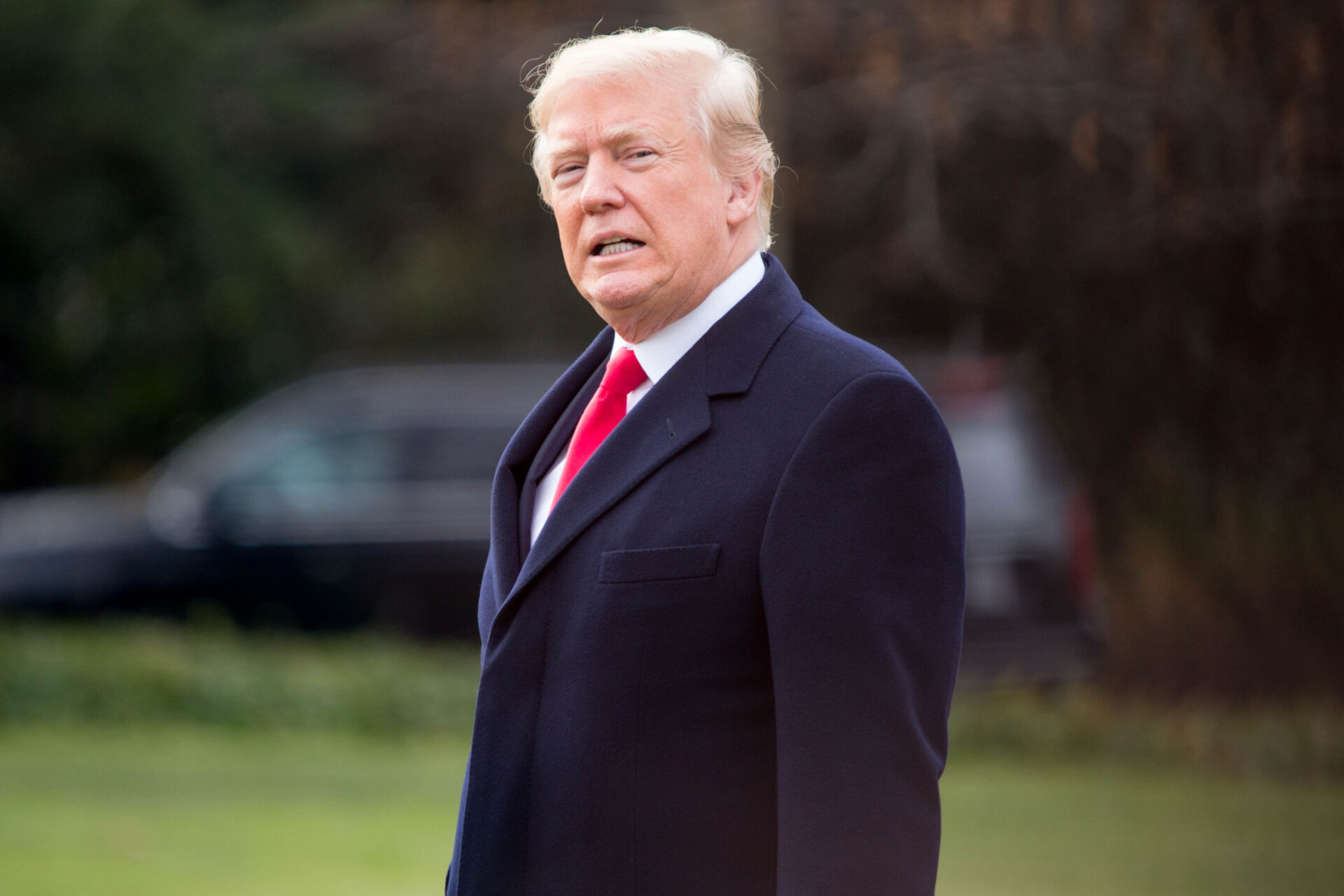Listen To Story Above
The House Judiciary Committee is set to examine recent judicial decisions that have blocked various aspects of President Donald Trump’s second-term initiatives, according to Chairman Jim Jordan (R-OH).
Speaking with CNN’s Kasie Hunt on Wednesday, Jordan announced the hearings following a ruling by Obama-appointed Judge James Boasberg that prevented Trump from using the Alien Enemies Act to remove dangerous criminal illegal immigrants.
“We’re going to hold hearings on this entire issue, the 15 injunctions that have been done in an eight-week timeframe. Judge Boasberg’s decision … hearing from experts, talking about this whole kind of body of law, this whole situation,” he said.
🚨Rep. @Jim_Jordan educates CNN's Kasie Hunt on the rule of law, the Constitution, & corrupt activist judges.
"This judge's decision was so ridiculous. It seems to be political."
"When you really step back and look at how stupid the decision was by this judge…he basically… pic.twitter.com/mFi40MbbIo
— Townhall.com (@townhallcom) March 19, 2025
Recently, several House Republicans have introduced impeachment articles targeting Boasberg and other judges whom they believe are issuing politically motivated rulings against the Trump administration.
Trump expressed his frustration on Truth Social Tuesday, stating that Boasberg is a “troublemaker and agitator” who “like many of the Crooked Judges’ I am forced to appear before, should be IMPEACHED!!!”
While Jordan remained noncommittal about potential impeachment hearings, he stated, “We’re not ruling out anything,” and emphasized the importance of gathering information and input on the matter.
Despite Republican control of both chambers of Congress, their slim majorities mean that while impeachment might pass the House along party lines, conviction would require 67 senators’ support, necessitating bipartisan cooperation.
— Rep. Jim Jordan (@Jim_Jordan) March 20, 2025
Chief Justice John Roberts issued an unusual statement Tuesday defending the judiciary and emphasizing that the standard appeals process exists to challenge judicial decisions.
Jordan acknowledged the likelihood of the White House pursuing appeals but expressed Republican concerns about Boasberg’s involvement in Russiagate and the rapid succession of injunctions.
The chairman highlighted recent Judiciary Committee legislation aimed at limiting federal judges’ injunction powers and suggested the possibility of additional legislative solutions under consideration.






